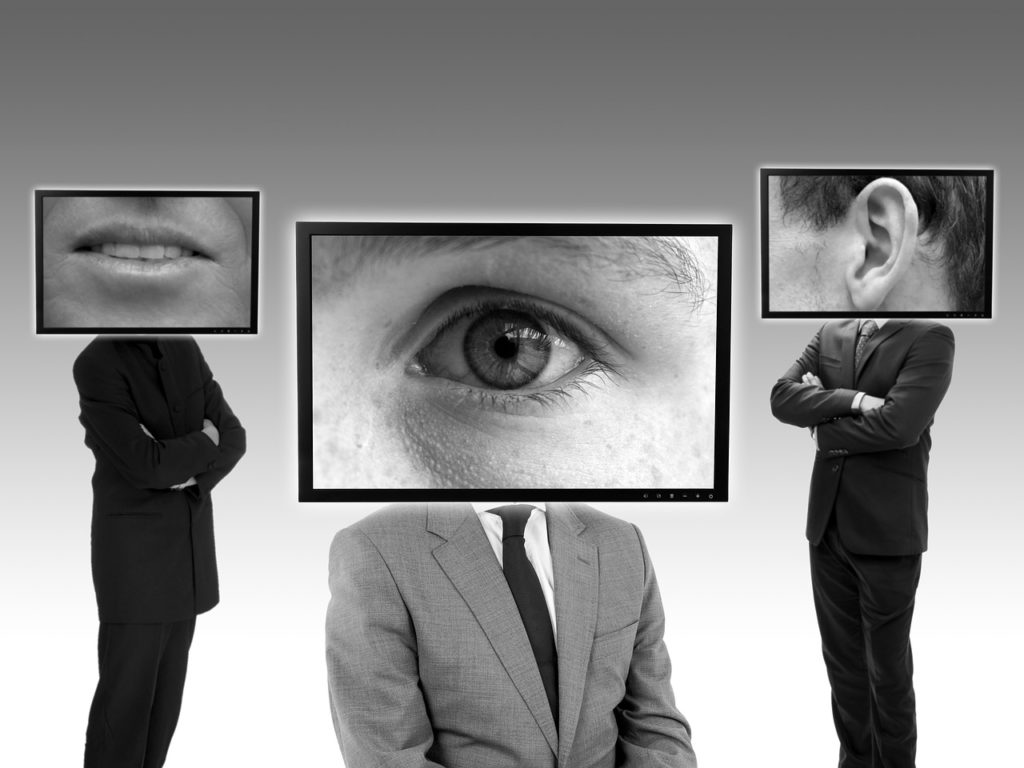Flashback to 1917, shortly after the US entered World War I. Congress passed a law that banned the sharing of any sensitive information that would potentially disrupt the country’s military activities and interests in the ongoing war or aid its enemies.
This law, which was known as the Espionage Act of 1917, imposed a $20,000 fine and 20-year prison sentence on anyone found guilty of violating its provisions. So, what is espionage, and what does violating this law look like? Here’s what you need to know.
Espionage Definition
Espionage is a federal crime that involves the gathering and transmission of military classified and defense information. Most of the provisions under the federal Espionage Act of 1917 were designed to keep military secrets and operations safe and secure; and prohibit individuals – both military and civilian – from cooperating with foreign governments to the detriment of the country’s interests.

For a successful espionage conviction, US federal prosecutors have to prove that:
- The leaked information in question was either classified or related to matters of national defense
- The individual responsible for sharing this information did it with intent to harm the United States or help a foreign country. A “foreign country” in this case doesn’t necessarily mean an “enemy” of the US
- The exchange, transfer, and communication of the information in question was willful or intentional
- The conspiracy to commit espionage was overt
One thing to note, however, is that the act of espionage in itself doesn’t have to cause harm to the country nor help a foreign nation. The government doesn’t have to prove that the classified or defense information caused any threat to national security.
Even if an individual leaked false information that didn’t pose any real threat to the security of the United States, they would still be convicted if all the other four elements outlined above are proven.
What Does It Mean to “Commit Espionage”
The scope of espionage extends beyond the individual who leaked or shared military classified or national defense information. The following acts are also considered violations of the provisions of the Espionage Act.
- Having classified documents, photos, maps, models, or similar materials to share them with someone who’s not supposed to receive it
- Making or attempting to make copies, sketches, photos, plans, models, or any similar documentation that’s classified or related to national defense matters
- Agreeing or attempting to receive classified or defense materials with full knowledge that they were taken in violation of the provisions of the Espionage Act
The Act also outlaws several activities related to the offense even though they don’t directly endanger the country’s national defense or aid foreign nations. These activities include:
- Concealing or harboring an individual when you have reason to believe that they have committed or are about to commit a federal espionage violation
- The willful disclosure of classified information to unauthorized parties
- Publishing and selling photos, sketches, or any visual representations of defense installations, without explicit permission from the commanding officer
- The willful or attempted violation of, or the conspiracy to violate the National Aeronautics and Space Administration regulations, relating to the security of its equipment or facilities
Espionage and Sedition Acts
A year after Congress passed the Espionage Act of 1917, the Sedition Act was enacted. Its provisions essentially reinforced the Espionage Act by making it a federal crime to issue false statements intended to interfere with the war efforts.

It also had broad provisions that made it a crime to make profane, disloyal, abusive, or scurrilous remarks about the country.
However, Congress later repealed this law in 1921 due to its gross infringement on the constitutionally-protected right to free speech. Although there have been several First Amendment attempts to challenge the 100+-year-old Espionage Law, its provisions have remained largely intact to date.
Espionage Examples
Chelsea Elizabeth Manning (originally born Bradley Edward Manning), a US army private, had unlimited access to classified government documents, some of which included files, correspondence, and reports from the US military base at Guantanamo Bay.
These sensitive documents essentially revealed a higher number of civilian deaths than what had been reported to the public, alongside other “profoundly troubling” details, as she described it.
In 2010, acting in what she believed to be whistleblowing, Manning leaked the classified documents through the infamous WikiLeaks platform. This information was then widely shared by the press since it was now in the public domain.
In the end, Manning was convicted on a total of 21 federal charges, six of which included violations of the federal Espionage Act.
The Economic Espionage Act of 1996
Economic espionage, which is sometimes called corporate or industrial espionage, involves stealing commercial information and/or trade secrets with the knowledge that the information in question would benefit a foreign government, instrument, or agent.
The Economic Espionage Act of 1996 makes the misappropriation of this kind of information a federal offense. Leaking technological information, proprietary economic information, economic or trade policy information, or sensitive financial information are all punishable offenses under the provisions of this act.
It is in many ways very similar to the Espionage Act of 1917, except that the information being shared involves commercial secrets, as opposed to classified or defense information.
Cyber Espionage
Cyber techniques to gain unauthorized access to classified military/government/commercial infrastructures for the political/military/economic gain of a foreign government or agency all fall under cyber espionage.

These also carry the same consequences as those detailed in the Espionage Act of 1917, as well as the Economic Espionage Act of 1996. The severity of the penalties varies depending on the facts in the case. But they generally carry long prison sentences, which in most cases, is life behind bars.
Get the Best Legal Representation for Your Case
Espionage is a serious offense. If you’re currently facing federal charges for this crime, you need to ensure that you get the best legal representation to minimize the potential penalties you might suffer if you’re found guilty. Get the best criminal defense attorney in your corner.
If you have any legal questions concerning espionage laws, chat online with a Laws101.com attorney today.
